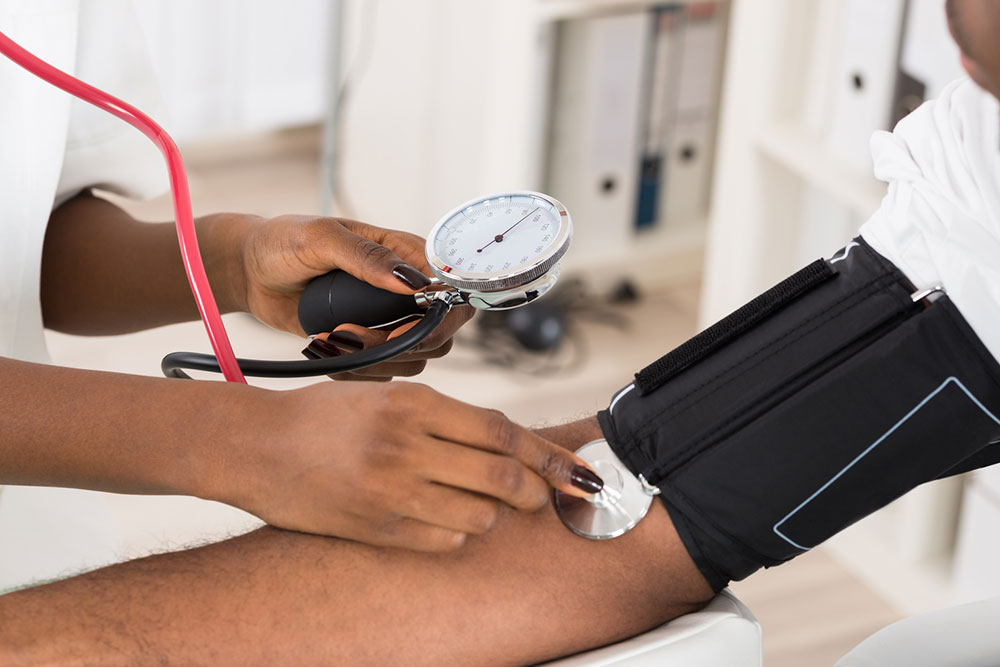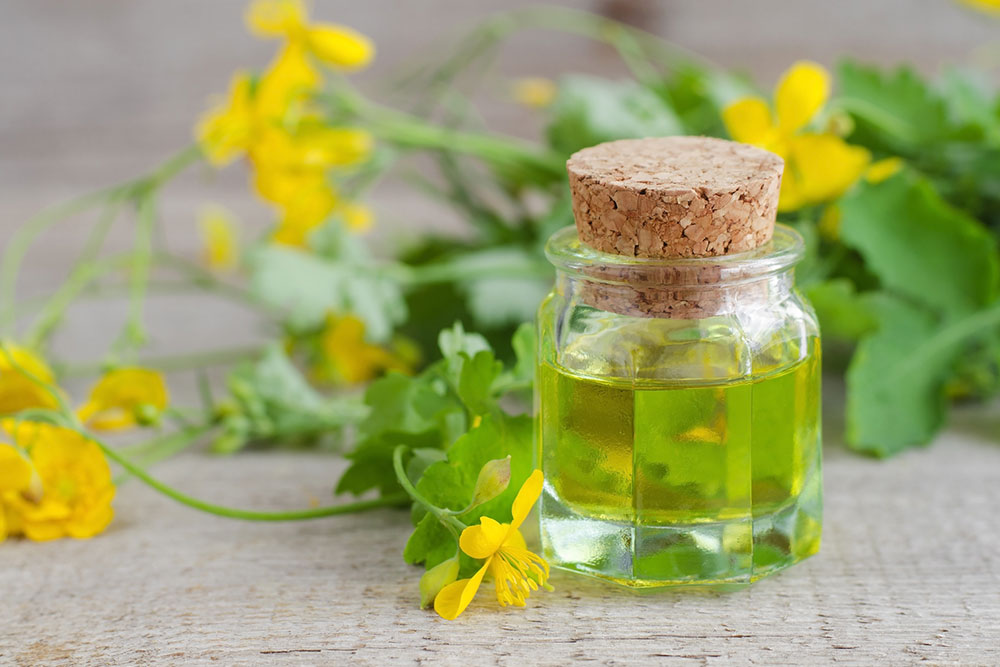Comprehensive Daily Lifestyle Tips for Effective Psoriasis Management
This extensive guide offers practical daily lifestyle strategies for managing psoriasis effectively. It emphasizes boosting immune health, maintaining a healthy weight, quitting smoking, limiting alcohol, and adopting proper skincare routines with herbal remedies. Modifying bathing habits and supporting overall wellness can significantly reduce flare-ups and improve skin health. Combining natural therapies with professional treatment provides a holistic approach for psoriasis sufferers, leading to better symptom control and improved quality of life.

Comprehensive Daily Lifestyle Tips for Effective Psoriasis Management
Living with psoriasis can be challenging, but understanding how daily lifestyle choices impact this autoimmune skin condition can empower you to manage symptoms more effectively. Psoriasis manifests as itchy, inflamed, and scaly patches on the skin, resulting from an overactive immune response that accelerates skin cell turnover. While there is currently no cure for psoriasis, adopting specific daily routines and natural therapies can significantly reduce flare-ups, soothe symptoms, and promote overall healthier skin. This in-depth guide explores holistic habits, dietary adjustments, and herbal remedies that, when integrated into your everyday life, can improve your quality of life and skin health.
Strengthen Your Immune System – Since psoriasis is an autoimmune disorder driven by immune dysregulation, supporting your immune health is crucial. While genetics play a role, lifestyle choices significantly influence immune response. Consuming immune-boosting foods such as garlic, onions, turmeric, and berries can help reduce inflammation and control flare-ups. Regular physical activity, adequate sleep, and stress management are vital components that enhance immune resilience, thus improving skin condition.
Achieve and Maintain a Healthy Weight – Obesity is strongly associated with increased psoriasis severity and the development of psoriatic arthritis. Losing excess weight can lessen inflammation, reduce the frequency and severity of flare-ups, and improve response to treatments. Incorporate a balanced diet rich in vegetables, fruits, lean proteins, and whole grains, alongside regular exercise routines, to support weight management and overall health.
Cease Smoking Habits – Smoking has detrimental effects on psoriasis by triggering immune responses that aggravate symptoms and possibly activating disease-related genetic pathways. Smoking also elevates the risk of cardiovascular and kidney issues, which are common comorbidities in psoriasis patients. Quitting smoking can halt these adverse effects, diminish symptom severity, and improve overall well-being.
Limit Alcohol Intake – Alcohol consumption can worsen psoriasis symptoms, cause dehydration, and increase flare-up likelihood. Medical professionals recommend reducing alcohol intake or abstaining altogether to promote skin health. Instead, focus on staying well-hydrated with at least 8–12 glasses of water daily. Proper hydration supports skin elasticity, aids in toxin elimination, and reduces inflammation.
Implement an Effective Skincare Routine – Proper skin care is essential for psoriasis management. Regularly moisturizing combats dryness and prevents cracking or skin damage. Use herbal and natural remedies such as aloe vera gel, turmeric paste, or coconut oil to soothe redness, burning sensations, and irritation. Gentle cleansing and avoiding harsh soaps or fragrances prevent further skin irritation. Additionally, moderate sunlight exposure can be beneficial for reducing symptoms, but overexposure should be avoided to prevent sunburn or worsening of lesions.
Modify Bathing and Showering Habits – Since psoriasis often causes flaky, scaly patches, modifying bathing routines helps alleviate symptoms. Doctors commonly recommend bathing less frequently, such as every two to three days, especially during colder months, to prevent skin dryness. Warm baths or Epsom salt soaks can soften scales, reduce irritation, and provide relief from itching or discomfort. After bathing, pat your skin dry gently and lock in moisture with suitable emollients.
While herbal therapies and natural remedies can offer symptom relief, severe psoriasis cases require professional assessment and treatment by dermatologists. Combining natural interventions with medical guidance ensures a comprehensive, safe approach to managing psoriasis effectively. Personalized care plans tailored to individual needs can help reduce flare-ups, improve skin appearance, and enhance quality of life.





